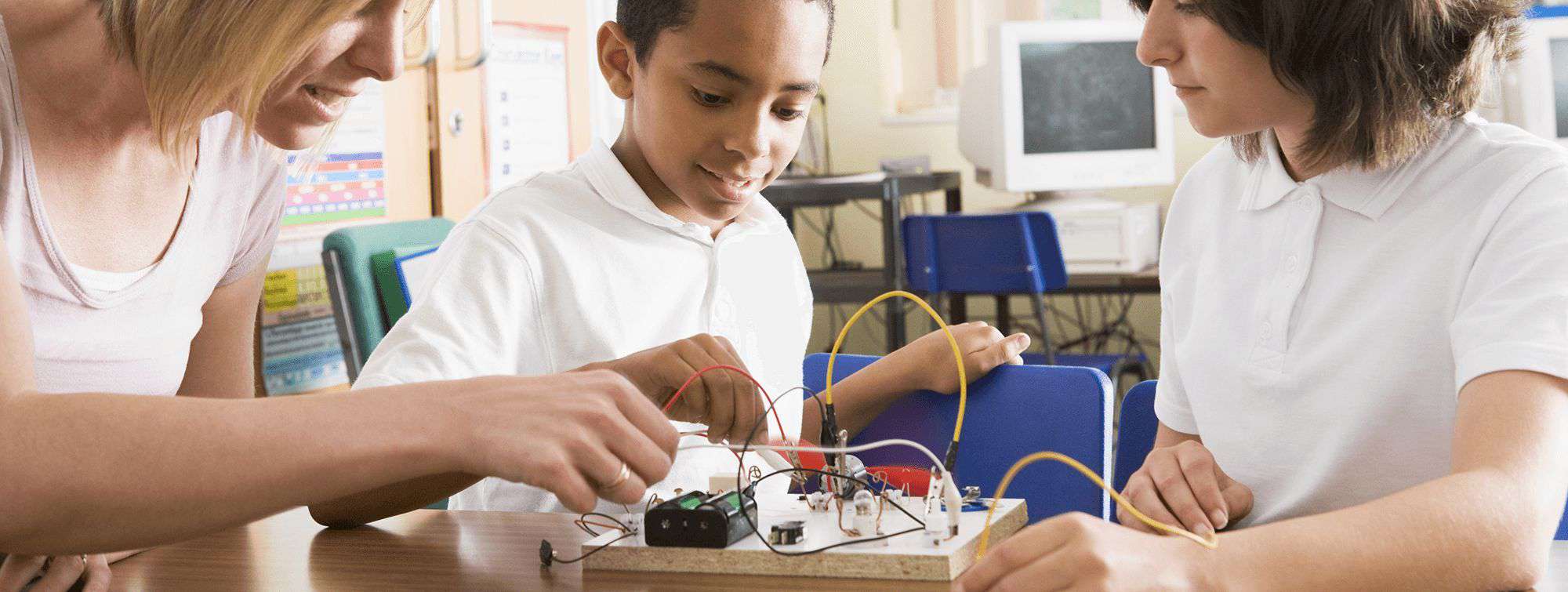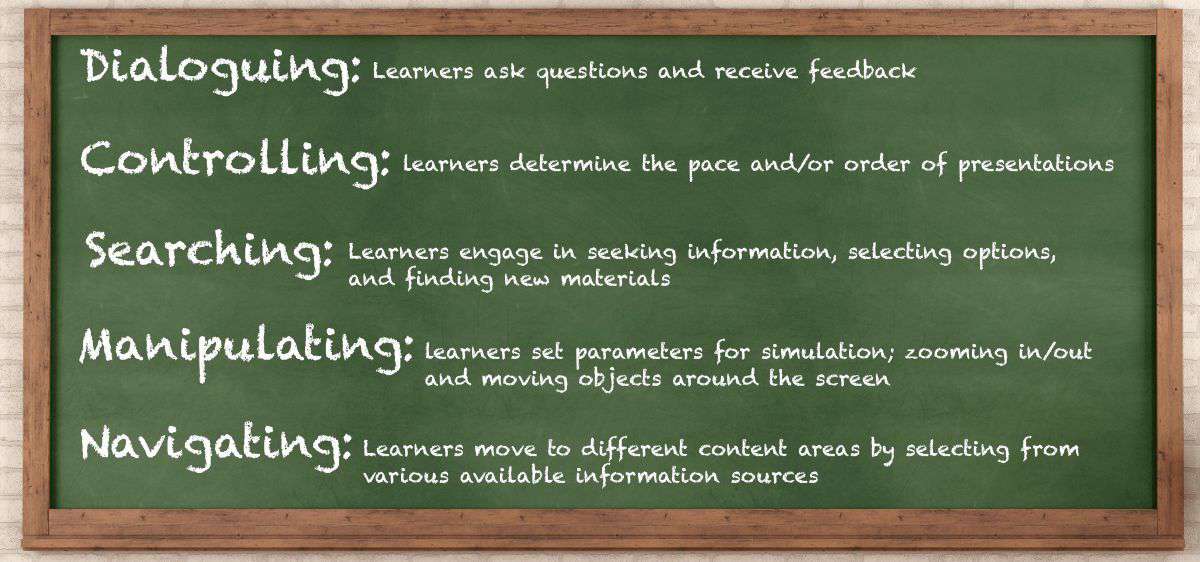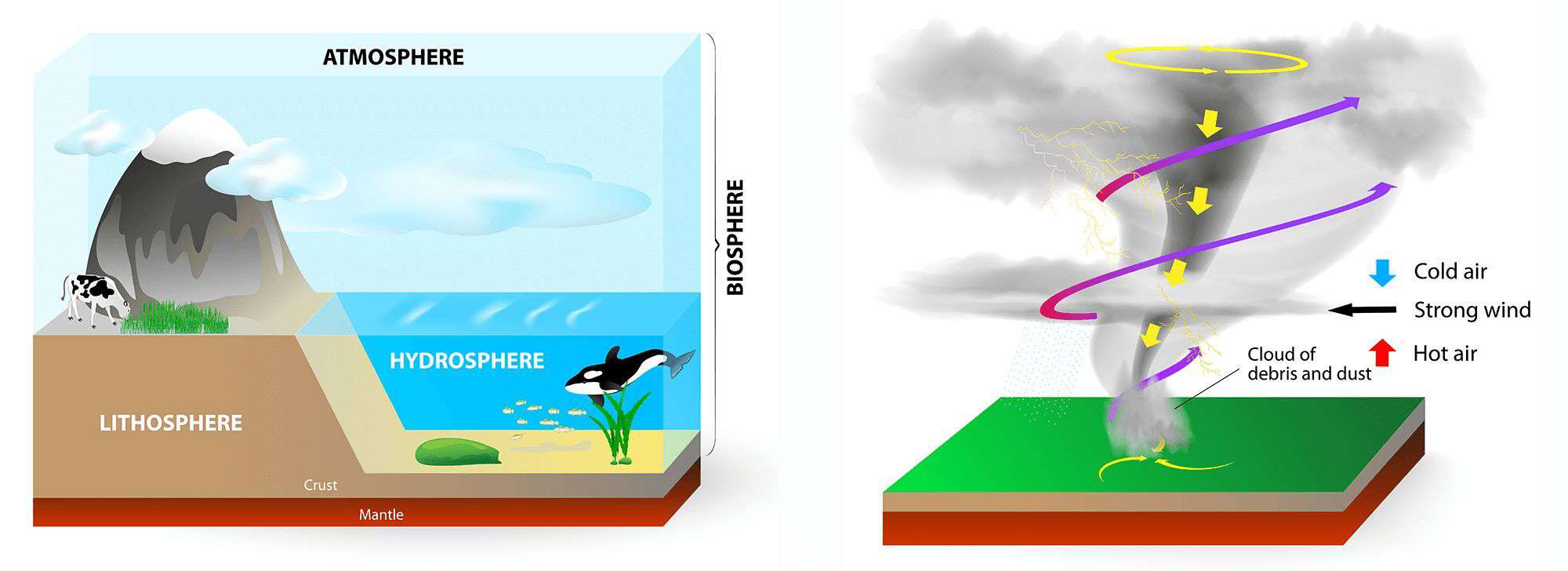Research
The goal of our research is to provide effective science education for all students, with a particular focus on students with learning disabilities, who often score significantly lower on standardized tests than general education students (National Center for Education Statistics, 2011).
Current Research
Project ESCOLAR has completed a 3-year study testing the effectiveness of online units to help middle school students learn science in real classrooms. Results show that students learning from the online units significantly deepened their science knowledge compared to control students.

Year 1
In Year 1, 12 sixth-grade teachers in 7 middle schools used science units with 1,103 students; 16 sixth-grade teachers and 773 students in 6 middle schools were controls. All students who learned from the ESCOLAR curriculum made significant gains in science knowledge (15 percentage point increase), compared to control students (p = .01). Specifically:

Year 2
In Year 2, 14 seventh-grade teachers in 7 middle schools used science units with 1,049 students; 12 seventh-grade teachers and 883 students in 6 middle schools were controls. All students who learned from the ESCOLAR curriculum made significant gains in science knowledge (15 percentage point increase), compared to control students (p = .02). Specifically:

Year 3
In Year 3, 10 eighth-grade teachers in 5 middle schools used science units with 799 students; 7 eighth-grade teachers and 563 students in 4 middle schools were controls. All students who learned from the ESCOLAR curriculum made significant gains in science knowledge (20 percentage point increase), compared to control students (p< .001). Specifically:
Past Research
Project ESCOLAR evolved from a previously funded National Science Foundation study (Project COPELLS, 2009 – 2013), in which Collaborative Online Learning (COL) units were developed and piloted with middle school students. Project ESCOLAR upgraded these units to meet new Common Core State Standards and Next Generation Science Standards, and to better address the needs of students with learning disabilities by using eText supports.
This work combines three converging lines of research:
Project-Based Learning
The Cognitive Affective Theory of Learning with Media
Supported eText

Project-Based Learning
Within the Project-Based Learning (PBL) approach, students learn curriculum content by working together on relevant projects. Students use digital age technologies to access and analyze information globally, and to create their own learning experiences (Boss & Krauss, 2007). PBL has been linked to positive learning outcomes (Hung, Keppell, & Jong, 2004; Henry & Semple, 2011).

Students with learning disabilities in particular may do well with PBL, especially in classrooms with general education students (NYC Department of Education, 2009). With PBL, students at different ability levels can benefit from the learning experience of others because strategies and expectations in PBL may be adapted for each student (NYC Department of Education, 2009).
PBL has been shown to help students with learning disabilities succeed in school, be motivated, and work in groups (Filippatou & Kaldi, 2010). PBL can help focus students with dyslexia on “big picture” problems, instead of forcing them to understand content in only one way (i.e., by reading) (Redford, 2008).
Our COL units incorporate components of PBL:
A driving question anchored in a real-world problem
Opportunities to make active investigations
Student collaboration in a shared learning community
The use of cognitive tools
Cognitive Affective Theory of Learning with Media
The Cognitive Affective Theory of Learning with Media (CATLM) (Moreno & Mayer, 2007) examines how to structure multimedia features to enhance learning.
CATLM includes five instructional principles for interactive multimodal learning environments:

We believe these principles are tied with constructivist approaches, and can be exploited during Project-Based Learning to help students learn.
In line with this theory, our COL units are designed to present auditory and visual information in ways that minimize working memory load and promote learning.
Students with learning disabilities, who often struggle when presented with too much information at once, may especially benefit from our theory-based COL units, which limit working memory load, engage learners, and motivate students to gain new knowledge. These students can create their own learning environment by:
Receiving feedback when needed
Controlling how fast they go through material
Viewing objects on the screen in ways that makes it easy for them to see and understand
Searching for and navigating to information sources that they need

Supported eText
Supported eText (Anderson-Inman & Horney, 1997, 1998) makes electronic text more accessible. Our COL units have embedded eText supports, including text-to-speech, vocabulary words linked to online definitions, and digital note-taking—all of which have been shown to help students learn.
Students with learning disabilities may find eText supports particularly useful. Researchers have documented the positive effects of these supports on students with learning disabilities.
Text-to-speech increases literacy outcomes for students with learning disabilities (Izzo, Yurick, & McArrell, 2009; Douglas, Ayres, Langone, Bell, & Meade, 2009; Horney et al., 2009).
Phonological awareness improves in students using an ebook with supports for reading, including a dictionary, compared to students using a book without supports (Shamir, Korat, & Shlafer, 2011).
Taking notes increases student comprehension of science text (Horney et al., 2009).
By incorporating these supports within each COL unit, Project ESCOLAR ensures that all students have the tools they need to learn science.

Publications
The following publications focus on research by project staff related to the Collaborative Online Learning units (previously known as Collaborative Online Projects).
Terrazas-Arellanes, F. E., Gallard M., A. J., Strycker, L. A., & Walden, E. D. (2018). Impact of interactive online units on learning science among students with learning disabilities and English learners. International Journal of Science Education, 40(5), 498-518.
Terrazas-Arellanes, F., Strycker, L. A., Walden, E., & Gallard Martinez, A. J. (2017). Teaching with technology: Applications of collaborative online learning units to improve 21st century skills for all. Journal of Computers in Mathematics and Science Teaching, 36(4), 375-386.
Terrazas-Arellanes, F. E., Knox, C., Strycker, L. A., & Walden, E. (2017). Online learning tools for middle school science: Lessons learned from a design-based research project. International Journal of Information Communication and Technology Education, 13(1), 27-40.
Terrazas-Arellanes, F., Knox, C., & Walden, E. (2015). Pilot study on the feasibility and indicator effects of collaborative online projects on science learning for English learners. International Journal of Information and Communication Technology Education, 41(11), 31-50.
Terrazas-Arellanes, F. E. (2015). PBL science empowered by discussion forums. Edutopia. Retrieved from:http://www.edutopia.org/blog/learning-science-pbl-discussion-forums-fatima-terrazas-arellanes.
Terrazas-Arellanes, F. E., Knox, C., Rivas, C., & Walden, E. (2014). English language learners’ online science learning: A case study. In J. E. Aitken (Ed.), Cases on communication technology for second language acquisition and cultural learning (pp. 322-355). Hershey, PA: IGI Global.
Walden, E., Terrazas-Arellanes, F., & Knox, C. (2014). Connect English learners to science with online projects. International Society for Technology in Education. Retrieved from https://www.iste.org/explore/articledetail?articleid=26.
Terrazas-Arellanes, F. E., Knox, C., & Rivas, C. (2013). Collaborative online projects for English language learners in science. Cultural Studies of Science Education, 8(4), 953-971.
Presentations
Terrazas Arellanes, F. E., Gallard, A., Strycker, L. A., & Walden, E. (2018, July). Effective online curriculum for improving science learning for all. Poster presented at the U.S. Department of Education Office of Special Education Programs Project Directors’ Conference, Washington, DC.
Terrazas Arellanes, F. E., Gallard, A., Strycker, L. A., & Walden, E. (2018, April). ESCOLAR: Bringing the hope of equitable public education to diverse students through online science units. Paper presented at the American Educational Research Foundation (AERA) meeting, New York City, NY.
Terrazas Arellanes, F. E., Gallard, A., Strycker, L. A., & Walden, E. (2018, March). ESCOLAR: Improving science literacy for diverse learners with online units. Paper presented at the National Association for Research in Science Teaching (NARST) conference, Atlanta, GA.
Terrazas-Arellanes, F. E., Gallard, A., Strycker, L. A., & Walden, E. (2017, April). Second-year results from a randomized trial to evaluate glocalized online science units for middle school. Paper presented at the National Association for Research in Science Teaching (NARST) conference, San Antonio, TX.
Terrazas-Arellanes, F. E., Gallard, A., Strycker, L. A., & Walden, E. (2017, April). ESCOLAR: Improving education equity for students with disabilities and English learners through online science units. Paper presented at the American Educational Research Association (AERA) meeting, San Antonio, TX.
Terrazas-Arellanes, F. E. (2016, November). Teaching with technology: Promoting education equity in science. Session presented at the National Youth at Risk West (NYAR) conference, San Antonio, TX.
Terrazas-Arellanes, F. E. (2016, November). Project ESCOLAR: Etext Supports for Collaborative Online Learning and Academic Reading. Session presented at STEMsation IX conference, San Antonio, TX.
Terrazas-Arellanes, F., Strycker, L. A., Walden, E., & Gallard, A. M. (2016, March). Teaching with technology: Applications of collaborative online learning units to improve 21st century skills for all. Paper presented at the Society for Information Technology and Teacher Education (SITE) conference, Savannah, GA.
Terrazas-Arellanes, F., Strycker, L. A., Walden, E., & Gallard, A. M. (2016, April). Results of a randomized trial to test the effectiveness of online units to teach science. Paper presented at the National Association for Research in Science Teaching (NARST) conference, Baltimore, MD.
Terrazas-Arellanes, F., Strycker, L. A., Walden, E., & Gallard, A. (2016, July). Online science units promote education equity. Poster presented at the meeting of the U.S. Department of Education Office of Special Education Programs, Washington, DC.
Terrazas-Arellanes, F., Gallard, A. M., & Walden, E. (2015, March). Cooperative online learning tools for middle school science: Lessons learned from a design-based research study. Symposium presented at the Understanding Interventions conference, San Diego, CA.
Terrazas-Arellanes, F., Gallard, A. M., & Walden, E. (2015, April). Designing cooperative online learning tools for middle school science: Lessons learned from three exploratory studies. Poster presented at the National Association for Research in Science Teaching (NARST) conference, Chicago, IL.
Terrazas-Arellanes, F., Strycker, L., & Walden, E. (2015, April). Cooperative online learning tools for middle school science: Lessons learned from a design-based research study. Poster presented at the American Educational Research Association (AERA) meeting, Chicago, IL.
Terrazas-Arellanes, F., Gallard, A. M., & Walden, E. (2014, July). ESCOLAR. Poster presented at the meeting of the U.S. Department of Education Office of Special Education Programs, Washington, DC.
Terrazas-Arellanes, F., & Knox, C. (2013, June). Collaborative online projects in science: An implementation model for ELs. Paper presented at the International Society for Technology in Education (ISTE) conference, San Antonio, TX.
Terrazas-Arellanes, F., & Knox, C. (2012, April). Project COPELLS: Collaborative Online Projects for English Language Learners. Paper presented at the TESOL International Convention, Philadelphia, PA.
Terrazas-Arellanes, F., & Knox, C. (2012, April). Project COPELLS: Collaborative Online Projects for English Language Learners. Poster presented at the Council for Exceptional Children (CEC) convention, Denver, CO.
